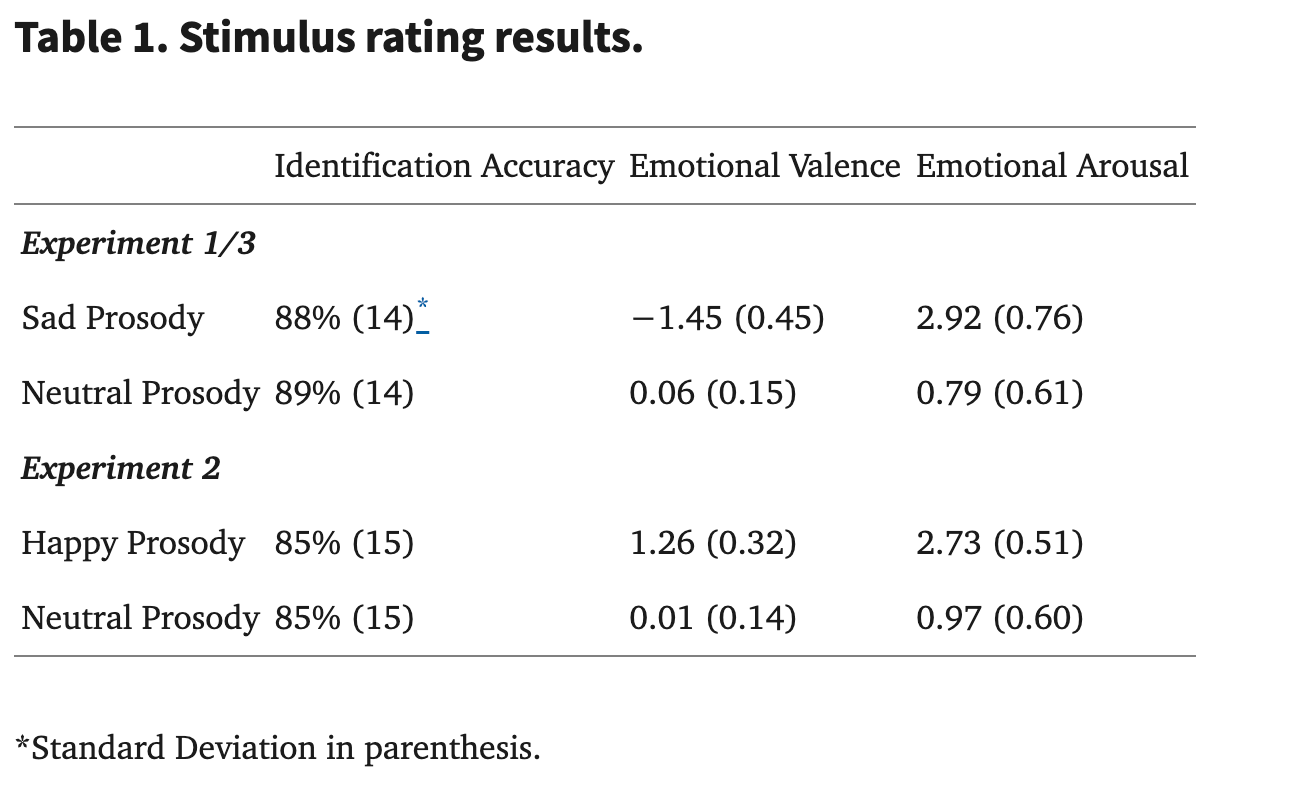Emotional gymnastics
How your tone can impact your prospects brain. Plus, five highly effective tones.
Have you ever heard the expression "It’s not what you say; it’s how you say it?" As cliché as it may be, it’s true. Try saying each of these phrases in different tones, and you’ll quickly learn what I mean.
“Right?”
“Sure, sounds good.”
“Great job!”
I watched an interesting interview with Chris Voss on the Andrew Huberman podcast about tone of voice and emotional states. Huberman discussed how the tone of one's voice can directly impact the listener, entraining the listener’s brain to a certain frequency based on the speaker’s tone.
I thought about all the times I listened to my calls and the call recordings of others. It finally clicked and I noticed how someone's response changed based on the tone that was used. It was like a secret was revealed that was there the whole time.
Vocal tonality is the quality of a person's voice, including pitch, volume, and rate of speed. The science guy in me had to find an article or case study that talks more about this. The graph below shows the correlation between two common tones most of us are familiar with (happy and sad) and emotional arousal.
Source: pmc.ncbi.nlm.nih.gov
It’s pretty cool to see the change in emotional arousal based on the use of sad or happy prosody (a fancy word for tone). It’s obvious that there is an impact. Tone matters! The most effective sellers know this and use it to their advantage.
There are many different tones out there with different labels. Some are more effective than others when talking with prospects. Here is a great example.
The best way to learn them is by experience, then practice them with others. Record yourself saying the same phrases using different tones. Try saying the same thing to someone in various tones, and observe their response.
With that said, here are 5 effective tones to use when talking with prospects:
Curious
This focuses on asking questions. This is the feeling you get when you show up to an event and have no idea what’s going on. Then you lean over to someone who looks friendly and ask these questions.
“What’s going on here?”
“Who’s that over there?”
“Where is the bathroom?”
Confused
This tone seeks understanding. It gives the energy of “I need help.” Most people like to help; it makes them feel good, and they love to correct. My favorite response using this tone is one-word or phrase questions after listening to someone speak.
A prospect may say, “We are facing some handoff and internal communication challenges between teams as prospects move through the buying cycle.”
You may say, “Internal communication challenges?”
Then be quiet. If you nail the tone, they will often elaborate.
Challenging
This is where some urgency or leaning into the pain is important. If there is no action taken to address the prospect’s pain, then there is usually some consequence. This is not a tone best used too soon.
It may sound like this. “If you don’t do [action/solution], then it sounds like [consequence]. What happens then?”
Playful
Usually, throwing in a joke or light-hearted comment is a way to connect. If you can make someone smile or laugh, it will lower their guard. It’s important to be professional but not take yourself too seriously. Remember, you are talking to real people who may have more in common with you than you think.
5. Concerned
This tone leans into the prospect's emotional state, making the prospect feel understood and not alone. When prospects share their pain or challenges, how do they feel? This requires empathy and great listening skills.
This was a bit harder for me to grasp, and honestly, it is still a work in progress. Listen for frustration, irritation, or happiness in the prospect’s tone as they share their process.
Consider the follow-up question.
“I sense that you feel [feeling word] about [repeat what they shared]. Tell me more about that.”
This is an important mental shift to wrestle with. Understanding how your tone contributes to your opener, hook, and discovery will set you apart as a seller.
This was a game-changer for me.
-
Until next time,
Tajh





